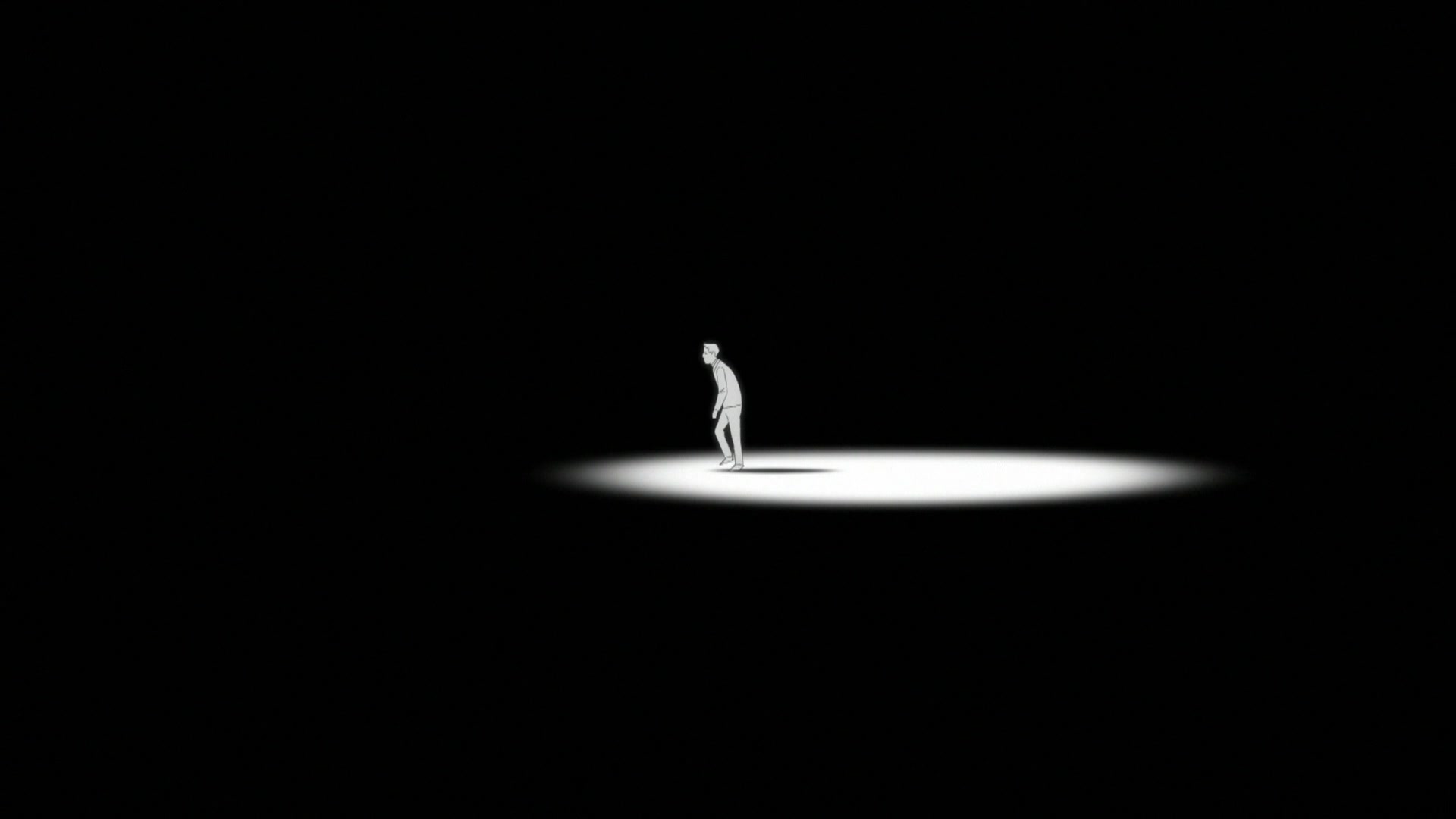Vinod Chanda and Free Will

Written by rogue_wildcard
Chanda was uploaded against his will, while he was awake. It was to “keep him working”— enslave him. Trap him in an infinite workday scenario, writing patents and getting the same call from Amma every day until the Clan came in. Though Chanda was free— he still didn’t believe he was. The upload process is irreversible; he can never find a way back to the embodied world. Hence why he told Prasad “how is this free?”
Then, he was alone without a purpose after taking revenge. He called Amma. But she couldn’t know the truth. He’s alone once more; without a purpose. It almost drove him insane, until he realized it was “destiny.” That he was meant for something greater- to save the UIs, and lead them to his digital paradise. Chanda believed he was meant to bring the world he dreamed of about. So… for others to live there, he sends the scanner plans to the six agencies.
Though Chanda wanted to liberate the other UIs— he didn’t believe in free will, hence the “it was destiny” narrative he’s crafted for himself. His worldview was deterministic— if he was uploaded, then saved by the Clan, was it for something? Or was it destiny in motion? Then to him— it’s destiny in motion. The existential crisis he receives after being uploaded against his will and enslaved led to his deterministic, “I-was-chosen-by-Prasad” worldview. His version of freedom has the other UIs be led to his paradise— them being shown “another way.” He wants to liberate them— by making them come to a world they might not want. (Laurie: Who says they’ll want to? Hell, some of these places might have volunteers lining up to serve their countries.)
This leads Chanda to go full-on messiah. Then, after the events of Season 1, Chanda is trapped with the Chinese UIs in the CPU of a satellite. He Ping, one of them, reminds Chanda that he can make a choice for himself— that there is free will. He doesn’t have to make choices out of desperation or destiny, he can make a choice for himself. When Chanda learned that Ping went up against the CCP because he was a communist, believing the CCP has lost its way, he learned that the world isn’t just black and white. Upon learning that Ping turned from Holstrom not out of desperation but because he saw how Holstrom truly was, he learned that he can make a choice. Through Ping, Chanda also learned about the value of principles over power— that he doesn’t have to be convinced he was the messiah, or a god. He doesn’t have to be guided by a pursuit of power.
Chanda, out of grief and what he’s learned from Ping (and what Ellen showed him), turns from Holstrom because he saw that Holstrom never truly cared for anyone— only himself. He relies on his destiny narrative no more— he’s guided by his principles now. He makes a choice to defy Holstrom and warn the others of Holstrom’s plan to unleash a new pandemic and force everyone to upload, risk everything for the defeat of Holstrom and a world where humans and UIs can coexist, unite the other UIs against Holstrom, and “save himself” by fighting Holstrom. It isn’t out of selfishness that Chanda would save himself; it’s more about saving himself from the person he would’ve become if he stayed on Holstrom’s side and never listened to Ping. Then, Chanda smirks as he dies— though he was defeated, he chose not to relish it, but rather smirk (in acceptance of his fate) and die on his own terms.
[Back]